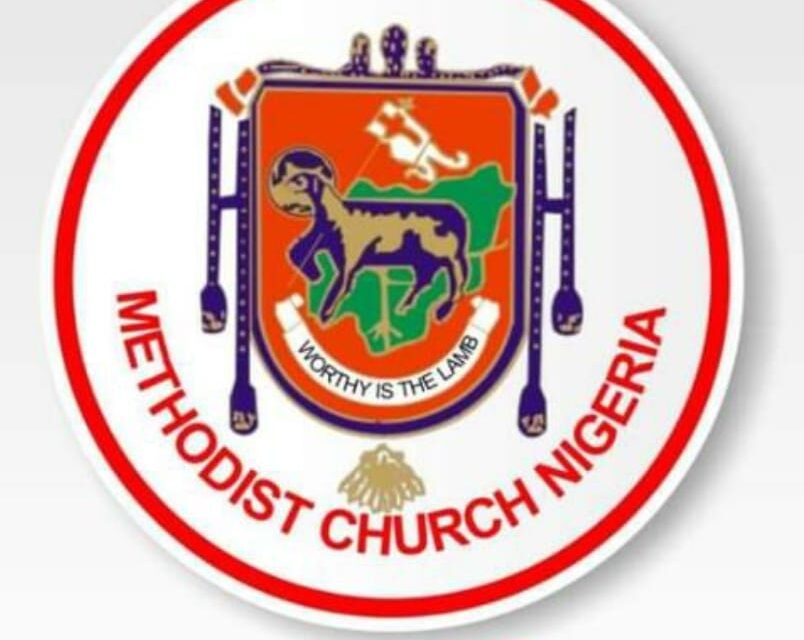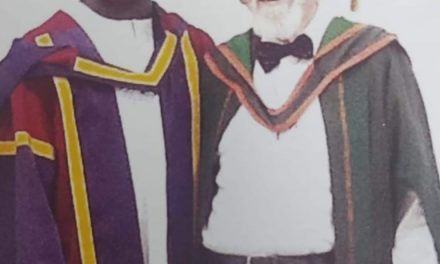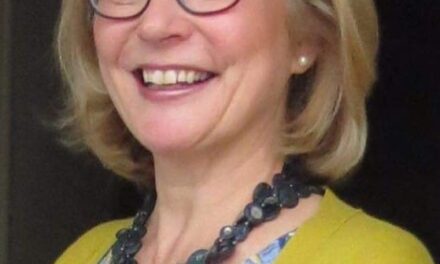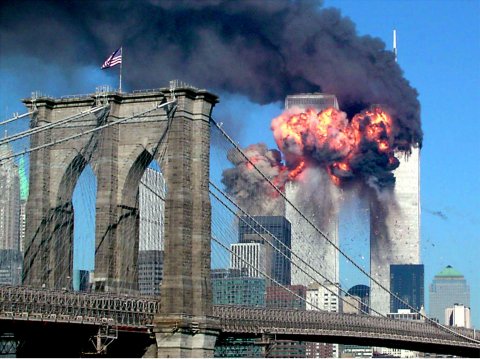The Acts of the Apostles is a missional progress of the gospel of Jesus Christ from Jerusalem to Rome. The missional milestones from Samaria, Antioch, Cyprus, across Anatolia and Greece spread westward through the Ethiopian eunuch.[1] African churches, using the words of Professor Andrew Walls, ‘brings into focus the period when Western Europe was converted to Christianity.’ According to Walls, ‘we have a tendency to forget about this period, to jump from Augustine to Luther and forget about Bede and Gregory of Tours. During this period Christian missionary had to explain Christianity to the inhabitants of Europe in light of the indigenous religions… African and Asia Christians can vastly illuminate “our” church history,’[2] theology, evangelism and leadership. The study of any country in Africa calls for a good understanding about Christianity and church history. Professor Walls explained that, it is “…true that if you want to know something about Christianity, you must know something about Africa.”[3] Nigerian Methodism at 180 through the lens of African Christianity spread and grew up as prophetic voice of the people in contrast to ‘Western Christianity more or less grew up with the nation state.’[4]
Nigerian Methodism at 180 brings to focus how the story of the gospel in Africa where Christian discipleship is tested with fire has lasted nearly two thousand years. This reveals missional importance and spread of Christianity to other parts of the world in the course of the past centuries.[5] Christian history as demonstrated in the Acts of the Apostles expressed how and when ‘the Messiah of Israel was received by Gentiles in the world of the eastern Mediterranean.’[6] African continuous Christian history is not only making the continent ‘a theological laboratory of major ecumenical significance,’ but ‘naturally see things that Western Christians miss’ in reading the New Testament. Africa ‘can see, for example, that the New Testament plainly deals with demons, and that it also deals with healing — issues that Western Christians tend to think are part of an outdated world.’[7]
Nigerian Methodism at 180 as a constituent parts of African Christianity is not without its own challenges. African Christianity just as Nigerian Methodism is indigenising to decolonise by ‘reinterpreting their traditional religious culture in the light of Christian teachings, and at the same time they are responding to the pressure of the Enlightenment worldview and Enlightenment-sponsored technology.’ Missionary effort moved Christianity beyond the periphery, and established a new centre. Hellenistic Christianity, a mission to the gentiles arose ‘when the Jerusalem church was scattered to the winds.’ The barbarians of northern and western Europe seized faith ‘when Hellenistic society collapsed,’ and ‘by the time Christianity was receding in Europe, the churches of Africa, Asia and Latin America were coming into their own.’ Indigenised to decolonise enlarges the God-component ‘interpreted in terms of angels and ministers of God.’ Professor Walls explained that, African Christianity ‘produces still more complex theological questions in terms of demons and enemies of God and ancestor meditation which ‘Western theology is not very helpful in providing answers to such questions, because it doesn’t even understand the questions.’[8]
Just as Christianity is able to localise itself or indigenise itself in a variety of cultures, we see this in the Nigerian Methodism at 180 just ‘as in some way consistent with the Christian belief in the incarnation.’ MCN, the oldest modern church in Nigeria with ‘her chequered history’ coupled with ‘the ever-changing religious and political climate in Nigeria’[9] remain a church of One book, The Bible. Visually, the dominant feature in the MCN’s crest, beyond just a visual identity and perception is their missional hearts loud cry to the PASCAL LAMB, ‘Worthy is the Lamb’ (Rev 5:12).[10] MCN is Lamb-centred, Lamb-crucified, and its crest provides an overall historic, contemporary, relevant and missional mandates. The crest is centred on the Lamb, the title used for Jesus 28 times in the Book of Revelation. Jesus is the ‘Worthy Lamb’ because His sacrificial death on the cross “takes away the sin of the world” (Jn 1:29). Jesus’ marks bear witness to that sacrifice and signify His worthiness to be praised for His power, wealth and wisdom.
The MCN crest’s background with a Nigeria map in green colour points to indigenous mission, a Church in Nigeria with leadership expression open to the world as our parish. Jide Fatokun in his book, Methodist Witness in Nigeria explained that ‘the fact that the Paschal Lamb breaks through the map of Nigeria in several points indicates that the Lord of the Universe cannot be confined by space and time.’[11] According to him, ‘the inscription below the Lamb and map of Nigeria, “WORTHY IS THE LAMB” is the present slogan of the church. The banner with a cross on it and a long object drawn through the Lamb – the long object represents the dagger (sword) with which the Lamb was slain, and the banner is the Methodist Church Nigeria banner.’[12] The girdle looped on top of the crest is a symbol of readiness and preparation used by Nigerian Methodist ministers in their dressing for ministry. At the bottom end of the crest is the Wesleyan scallop shell that signifies MCN’s appropriation of and pride in our sacred and Wesleyan spirituality and heritages.
[1] Walls, Crossing Cultural Frontiers: Studies in the History of World Christianity, p. 79
[2] The Expansion of Christianity: An Interview with Andrew Walls in The Christian Century, August 2-9, 2000, pp. 792- 799.
[3] Walls, Andrew F, “Of Ivory Towers and Ashrams: Some Reflections on Theological Scholarship in Africa,” Journal of African Christian Thought 3, no.1 (2000): p. 1
[4] The Expansion of Christianity: An Interview with Andrew Walls, pp. 792- 799.
[5] Walls, Crossing Cultural Frontiers: Studies in the History of World Christianity, p. 79
[6] Walls, Crossing Cultural Frontiers: Studies in the History of World Christianity, p. x
[7] The Expansion of Christianity: An Interview with Andrew Walls, pp. 792- 799.
[8] The Expansion of Christianity: An Interview with Andrew Walls in The Christian Century, pp. 792-799.
[9] Fatokun, Jide, Methodist Witness in Nigeria (Ibadan: Positive Press, 2009), p. bp
[10] Worthy is the Lamb – The heart Cry of the Nigerian Methodists Chaplaincy, UK/Ireland, September, 2015
[11] Fatokun, Methodist Witness in Nigeria, p. v
[12] Fatokun, Methodist Witness in Nigeria, p. v











Recent Comments